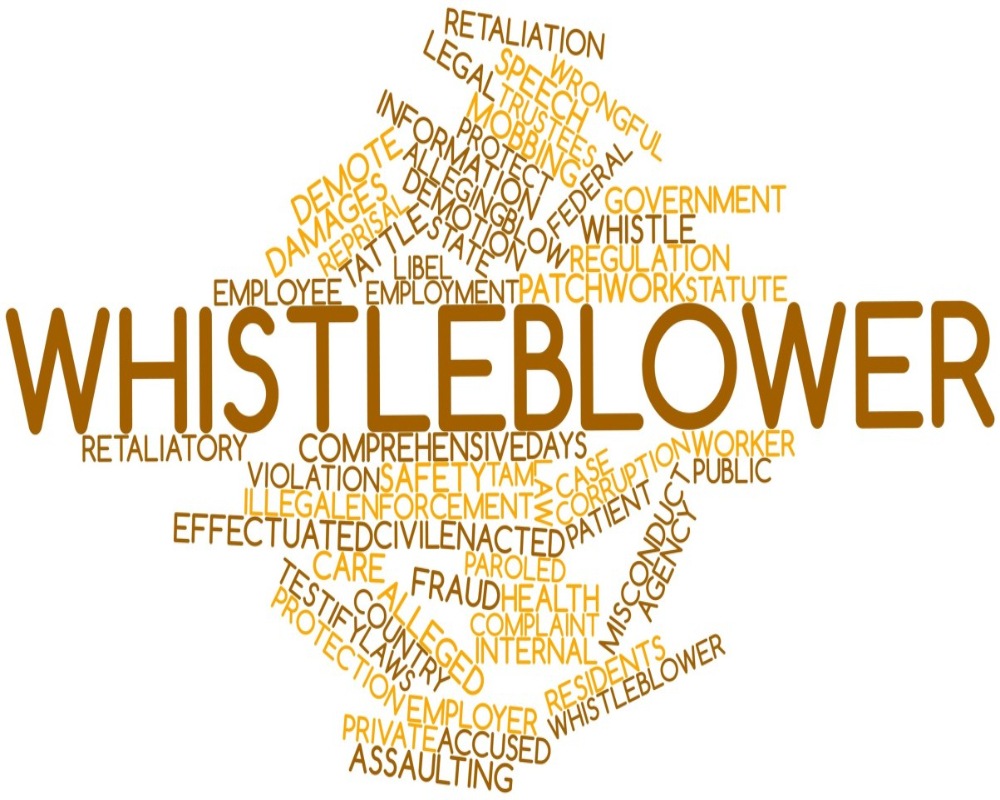Whistleblower Policy in Public Limited Companies
Introduction
A whistleblower policy is an essential part of a Public Limited Company’s corporate governance framework. It provides a formal mechanism for employees, directors, or stakeholders to report unethical conduct, financial irregularities, fraud, or other wrongdoing within the organization. This policy supports transparency, accountability, and integrity, which are fundamental to the operations of a Public Limited Company. Recognized under the Companies Act, 2013 and SEBI (LODR) Regulations, a whistleblower policy is particularly important for companies with a public responsibility and large shareholder base.
Meaning of Whistleblower Policy
A whistleblower policy refers to the set of guidelines and procedures that allow individuals within or connected to a company to report violations of law, misuse of authority, or unethical behavior without fear of retaliation. It encourages employees and stakeholders to speak up and ensure that the company operates within legal and moral boundaries.
Legal Framework for Whistleblower Policy
Under Section 177 of the Companies Act, 2013, every listed Public Limited Company and certain other classes of public companies must establish a vigil mechanism, commonly referred to as a whistleblower policy. Additionally, SEBI mandates all listed entities to implement this mechanism to protect whistleblowers and promote good governance practices.
Objectives of the Policy
The primary aim of the whistleblower policy is to detect and prevent misconduct in the company at an early stage. It empowers individuals to report concerns related to:
- Accounting and auditing irregularities
- Fraudulent financial reporting
- Bribery and corruption
- Insider trading
- Misuse of company resources
- Breach of company policies
It ensures that reported concerns are addressed promptly and fairly.
Key Features of a Whistleblower Policy
A comprehensive whistleblower policy includes:
- Clearly defined reporting procedures
- Confidentiality of the whistleblower’s identity
- Protection against retaliation or victimization
- Independent investigation process
- Disclosure of investigation outcomes to relevant stakeholders
These features create a safe environment for ethical disclosures.
Role of Audit Committee
The Audit Committee of the Board is responsible for overseeing the functioning of the whistleblower policy. It receives reports from whistleblowers, ensures impartial investigation, and recommends corrective actions. The committee also monitors the effectiveness of the policy and reports on it in the company’s annual governance disclosures.
Implementation and Accessibility
To be effective, the whistleblower policy must be well communicated across the organization. It should be included in employee handbooks, displayed on notice boards, and hosted on the company’s website. The company should provide secure reporting channels such as dedicated email IDs, helplines, or anonymous online platforms.
Protection and Anonymity of Whistleblowers
The policy must guarantee that whistleblowers will not face dismissal, discrimination, or harassment for raising concerns in good faith. Even anonymous complaints should be considered, provided they are supported with substantial evidence. This assurance builds confidence and encourages more people to report unethical practices.
Disclosure in Annual Reports
Public Limited Companies are required to disclose details of the whistleblower mechanism in their annual report and corporate governance filings. This includes the number of complaints received, resolved, and pending. Such disclosures demonstrate the company’s commitment to ethical standards and internal accountability.
Conclusion
A whistleblower policy is a vital tool in maintaining ethical conduct and legal compliance within a Public Limited Company. It helps in early detection of misconduct, supports a culture of openness, and builds trust among employees and stakeholders. By ensuring confidentiality, protection, and proper investigation of complaints, the policy strengthens the company’s internal controls and reinforces its public accountability. A well-implemented whistleblower policy reflects a company’s dedication to integrity, governance, and long-term sustainability.
Hashtags
#WhistleblowerPolicy #PublicLimitedCompanies #CorporateGovernance #Transparency #Accountability #EthicalBusiness #EmployeeRights #WhistleblowerProtection #CorporateEthics #Compliance #BusinessIntegrity #SpeakUp #ProtectWhistleblowers #CorporateResponsibility #RiskManagement #EthicsInBusiness #WhistleblowerAwareness #CompanyPolicy #FairWorkplace #IntegrityMatters


0 Comments